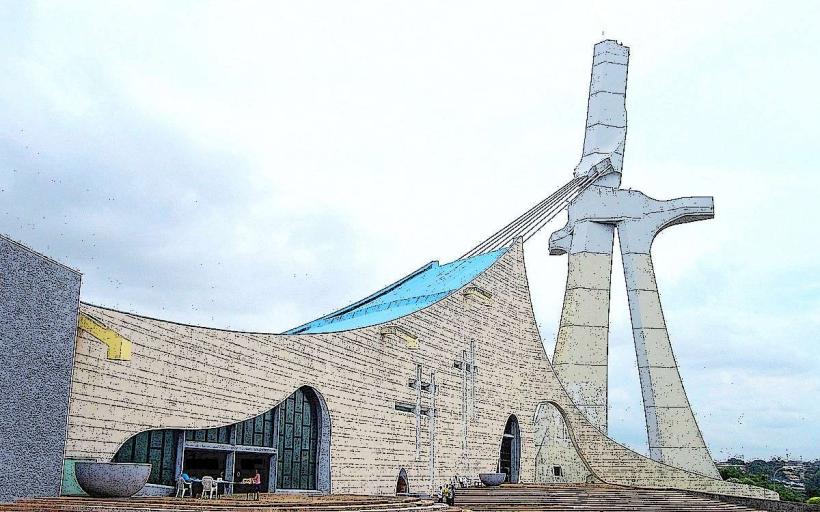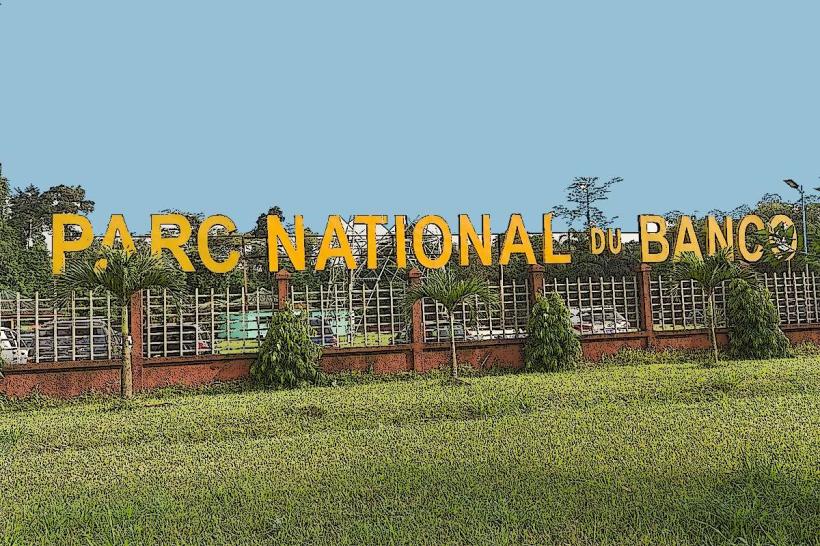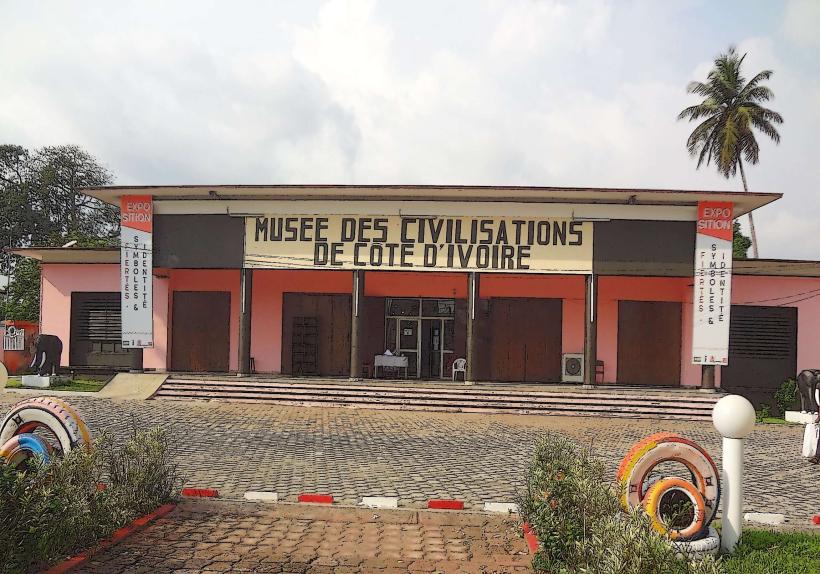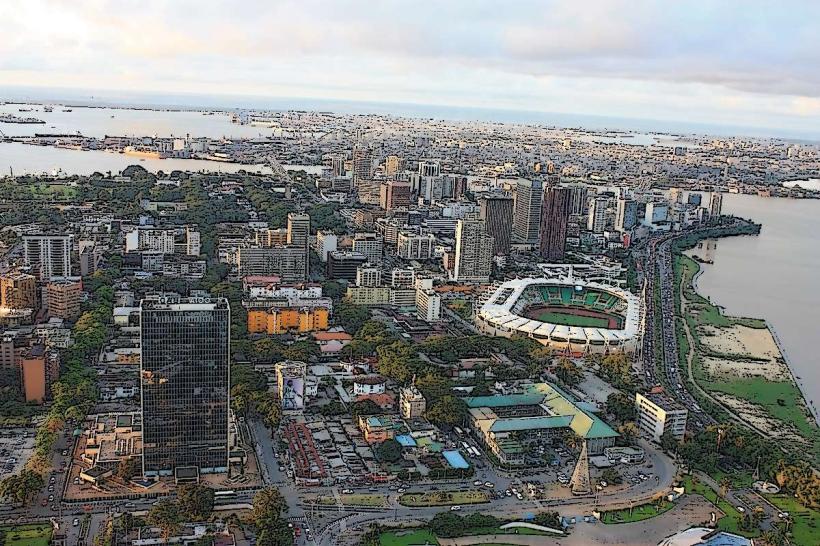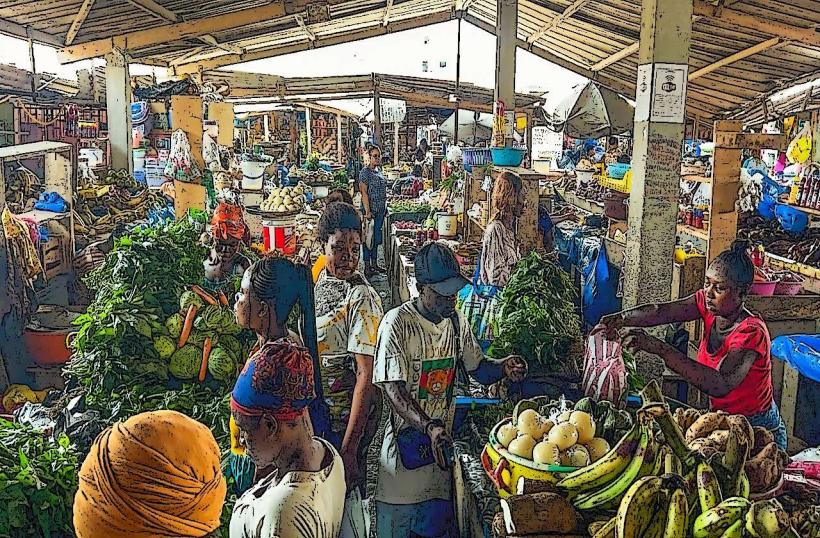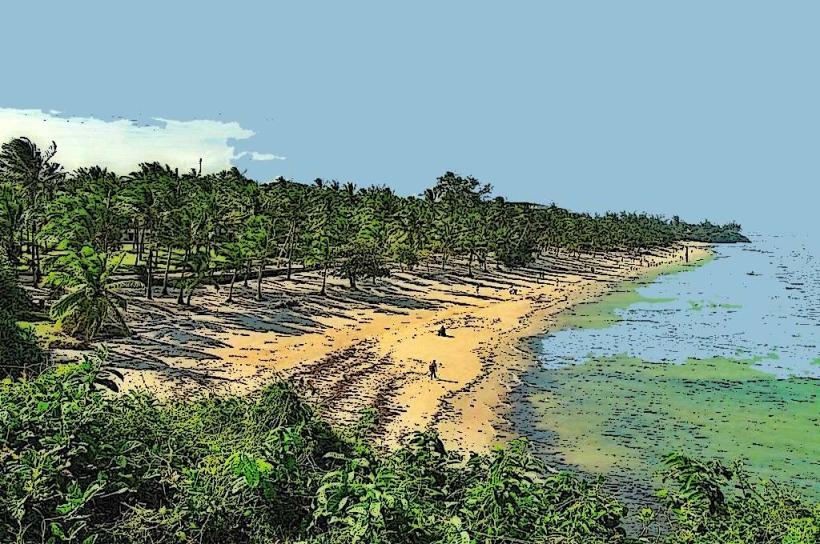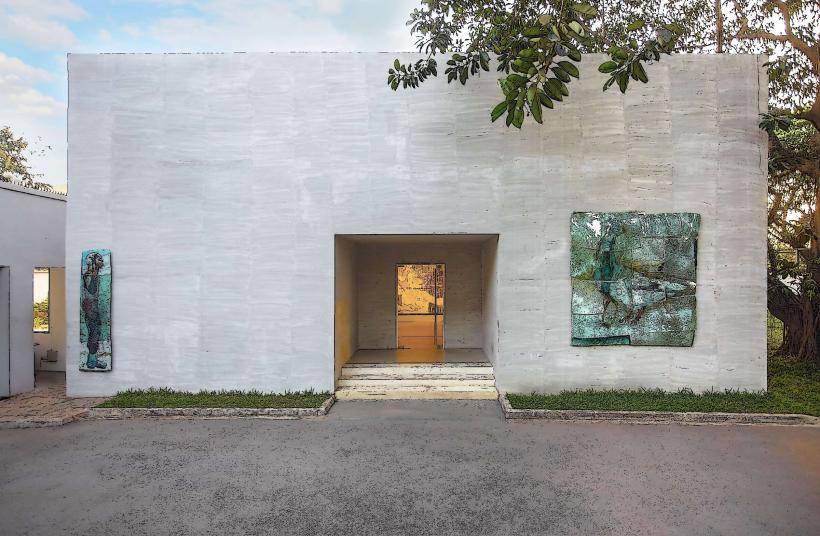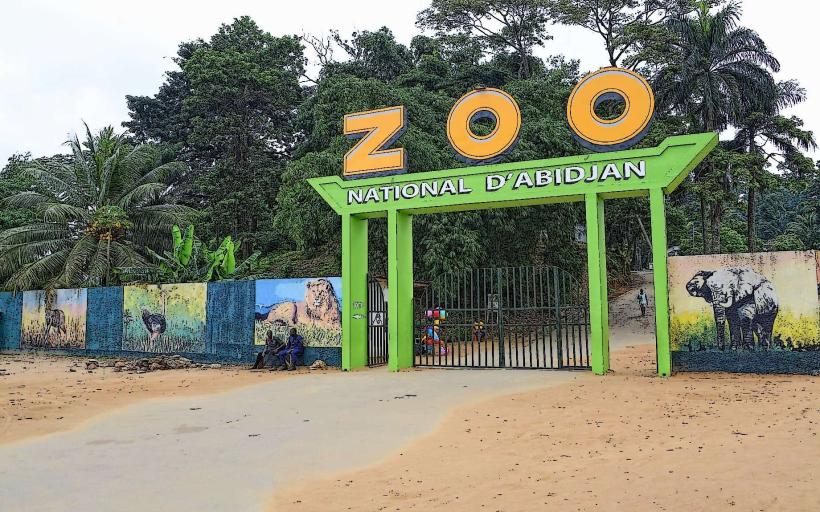Information
City: AbidjanCountry: Cote d-Ivoire
Continent: Africa
Abidjan, Cote d-Ivoire, Africa
Abidjan is the economic capital and largest city of Côte d'Ivoire, functioning as the primary industrial, financial, and cultural center of French-speaking West Africa. It is located on the southeastern coast of the country along the Ébrié Lagoon, which is separated from the Gulf of Guinea by the Vridi Plage sandbar.
Historical Timeline
Abidjan was established as a railway terminus in 1904 and became the third capital of the French colony in 1934, following Grand-Bassam and Bingerville. The city underwent significant governance shifts through the colonial era, the post-independence "Ivorian Miracle" of the 1960s-70s, and a period of political instability between 2002 and 2011. The most significant architectural reconstruction occurred following the 2011 post-election crisis, which initiated the "PND" (National Development Plan) to modernize infrastructure. The completion of the Henri Konan Bédié Bridge in 2014 remains the primary event that restructured modern urban transit.
Demographics & Population
The estimated population of the Abidjan Autonomous District for 2026 is 6,750,000, with a metropolitan area exceeding 7.2 million. The top three ethnic or national demographics are the Akan (including the indigenous Ébrié), Voltaic (Gur), and Mande groups, with a substantial expatriate population from France and neighboring ECOWAS states. The median age is 19.5 years.
Urban Layout & Key Districts
The city is divided into two main zones by the Ébrié Lagoon: the Northern zone and the Southern zone. Le Plateau (Business District) and Cocody (Upscale Residential/Diplomatic) are located in the North; Treichville (Traditional/Commercial) and Marcory (Expatriate/Retail) are located to the South. The city’s orientation is dictated by major bridges (De Gaulle, Houphouët-Boigny, and HKB) connecting these cardinal points across the water.
Top City Landmarks
Saint Paul’s Cathedral (Tilted modernist structure)
La Pyramide (Ziggurat-style brutalist architecture)
Banco National Park (Tropical rainforest within city limits)
The Great Mosque of Plateau
Museum of Civilizations of Côte d'Ivoire
Transportation Network
Intra-city transit is facilitated by SOTRA buses and a widespread lagoon ferry (bateau-bus) system. The first line of the Abidjan Metro (Line 1) is currently in phased development for 2026. Ride-sharing is dominated by Yango and Uber. Official taxis are painted orange (compteurs), while "Woro-woro" (communal taxis) use specific colors for each district (e.g., green in Cocody, blue in Marcory). Traffic density is extremely high, particularly at the Vridi and Akwaba intersections.
Safety & "Red Zones"
The general safety level is moderate, though opportunistic crime is frequent. Areas to avoid at night include large segments of Abobo, Adjamé, and Yopougon. Travelers should remain vigilant against "police impersonation" scams and petty theft in crowded markets like the Marché d'Adjamé. Public protests should be avoided as they can escalate rapidly.
Digital & Financial Infrastructure
The average fixed broadband speed is 55-60 Mbps. Main mobile carriers are Orange, MTN, and Moov. Credit card acceptance is high in Le Plateau and Marcory shopping malls, though cash (CFA Franc) is required for markets and transport. ATMs (GAB) are widely available in commercial districts and major petrol stations.
Climate & Air Quality
Temperatures consistently range between 24°C and 32°C. There are two rainy seasons: March–July (heavy) and September–December (short). Air quality is generally moderate but declines during the Harmattan (January–February) due to Saharan dust. Seasonal flooding is a high-risk factor for the Indénié crossroads during June and July.
Culture & Social Norms
Tipping of 10-15% is customary in restaurants. Handshakes are the standard greeting; three kisses on the cheek are common among acquaintances. Dress codes are generally stylish and formal in business areas ("Manhattan of the Tropics" influence) but modest. Smoking is prohibited in closed public spaces. Alcohol is widely available and integrated into social life, particularly in "Maquis" (local open-air restaurants).
Accommodation Zones
Le Plateau: Recommended for logistical access to government institutions and banking, though quiet and deserted at night.
Marcory (Zone 4): Recommended for high-density dining, international nightlife, and proximity to the airport.
Local Cost Index
1 Espresso: 1,500 CFA ($2.50 USD)
1 Standard Lunch: 6,500 CFA ($10.75 USD)
1 SOTRA Bus Ticket: 200 CFA ($0.33 USD)
Nearby Day Trips
Grand-Bassam (UNESCO Colonial Town): 40 km
Assinie-Mafia (Beach Resort): 80 km
Bingerville (Botanical Gardens): 20 km
Yamoussoukro (Political Capital): 230 km (Approx. 2.5 hours via A3 highway)
Facts & Legends
According to Ébrié oral tradition, the name "Abidjan" resulted from a linguistic misunderstanding between a European explorer and an elderly native man. When the explorer asked for the name of the village, the man-who was carrying branches to repair his roof-thought he was being questioned about his activities. He replied in the Ébrié language: "Min-chan m'bidjan," meaning "I have just been cutting leaves." The explorer recorded this as the name of the location.

